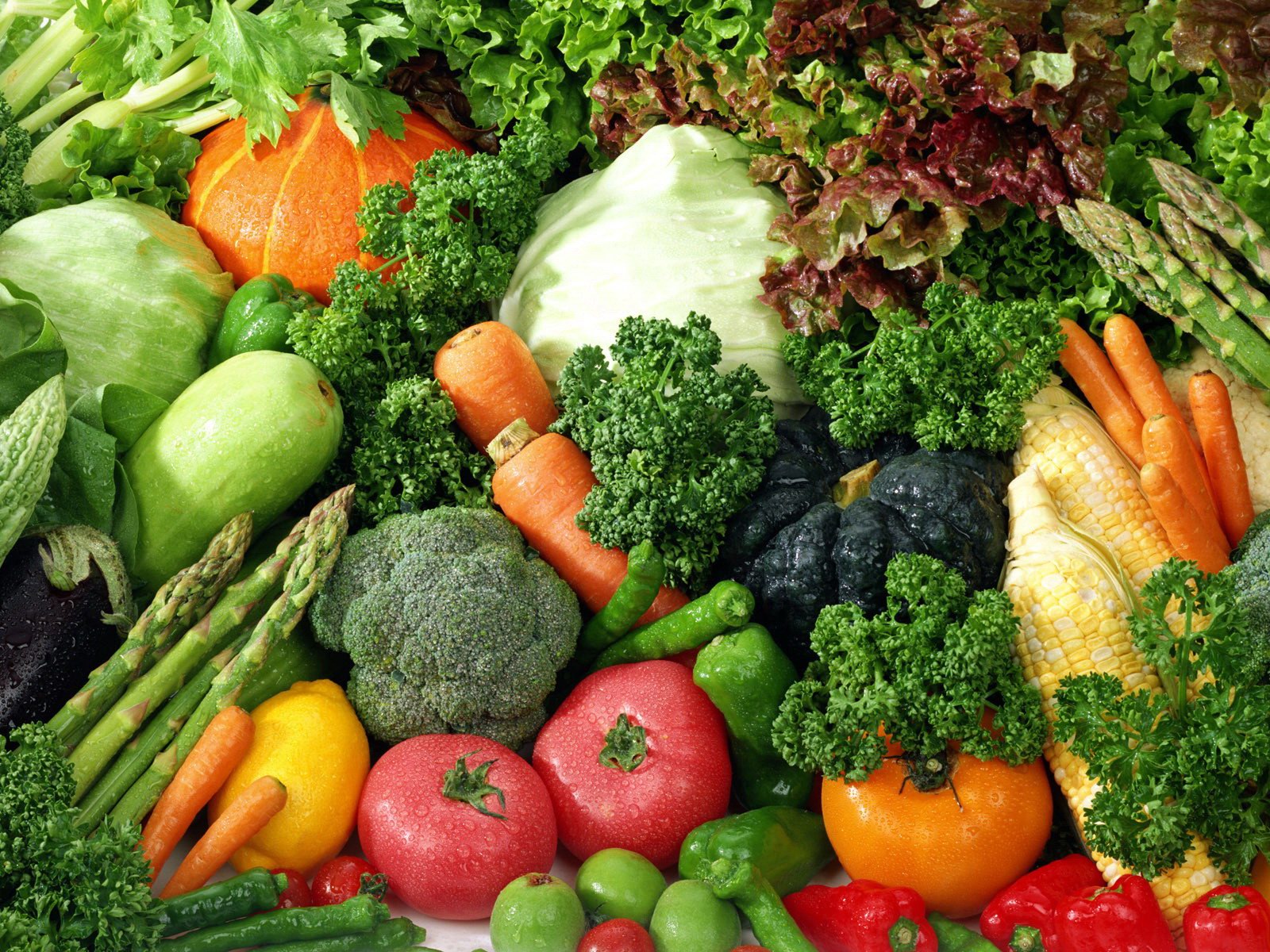Numerous studies have shown the Mediterranean diet, in particular the diet of people in parts of Greece and Italy, to be beneficial for heart health, skin health and mental health. Here are seven ways to Greek Your Diet for longevity and health:
Let’s start with the basics: Olive Oil. Extra Virgin Olive Oil is the highest quality, least processed, and best tasting olive oil. Extra Virgin Olive Oil is packed with anti-oxidants and heart-healthy unsaturated fat. The quality of Extra Virgin in the store varies greatly and you get what you pay for. Try different brands and price points to find your favorites.
Next, your diet should be focused on the healthy fats found in fish. Buy cold-water, wild caught fish for the highest quality fats with the least possible contamination. Salmon, mackerel, sardine, trout, and herring are good choices, preferably baked, grilled, or broiled, but never fried.
Now you know what kinds of fats you should be eating. The other side of that coin is avoiding unhealthy fats. Both saturated and trans fats should be avoided on a Mediterranean diet. Saturated fats are found in red meat, butter, cream, whole milk, ice cream and cheese. All are to be eaten sparingly if at all. Trans fats are found in fried foods and packaged foods (look for “hydrogenated oil” on food labels) and should be avoided altogether. Lean poultry (chicken, turkey, etc.) and the occasional egg (a couple times a week) are perfectly acceptable.
Next, eat real food. Put down the bag of chips. Step away from the high fructose corn syrup. Toss out anything with propylene glycol on the label. Eat foods that come out of the ground, off of a tree or at one point walked or swam. If a food has more than 5 ingredients or an ingredient a 10 year old couldn’t pronounce, you shouldn’t be eating it. The more processing a food goes through in a factory, the more processing your body has to do to figure out what it is and use it as fuel.
An alternative to processed snack foods are nuts and seeds. Picture this: It’s mid afternoon. The salad you had for lunch two and a half hours ago isn’t getting the job done anymore. Dinner isn’t until 6:30. What do you reach for? Candy bar? Dunkin Donuts Pumpkin Mocha Iced Latte (460 calories)? Red Bull? Might I recommend a small handful of raw or roasted lightly salted nuts? Almonds, walnuts, pecans are all good choices, but most any nut is fine. Nuts, while high in fat, are packed with protein, so they will keep you going until that next meal.
The Greek diet is also about lifestyle. An integral part of improving health is exercise. Even light exercise is beneficial to heart health, mood, and maintaining normal blood sugars. Find something you like to do. If your tolerance for exercise is low, start off simple with walking. Swimming is a great option for people with joint pain that prevents higher impact exercise.
The one piece of advice I will give is to get outside to exercise. Get some fresh air, stand barefoot in the grass (do not stand barefoot in frost or snow) to get grounded. Connect with nature a little bit to get the most out of your physical activity.
Once you’ve mastered the Greek diet, celebrate with one (1) glass of heart healthy red wine! (assuming you’re 21 or over).
At our office, we guide patients through a program called First Line Therapy, a personalized low glycemic index diet program based on the Mediterranean lifestyle. It’s a three month program utilizing Medical Foods (specially designed low glycemic shakes and bars) and bio-impedance Analysis, which measures body fat, water content, and metabolic rate (how many calories you burn in a day) to monitor progress.

